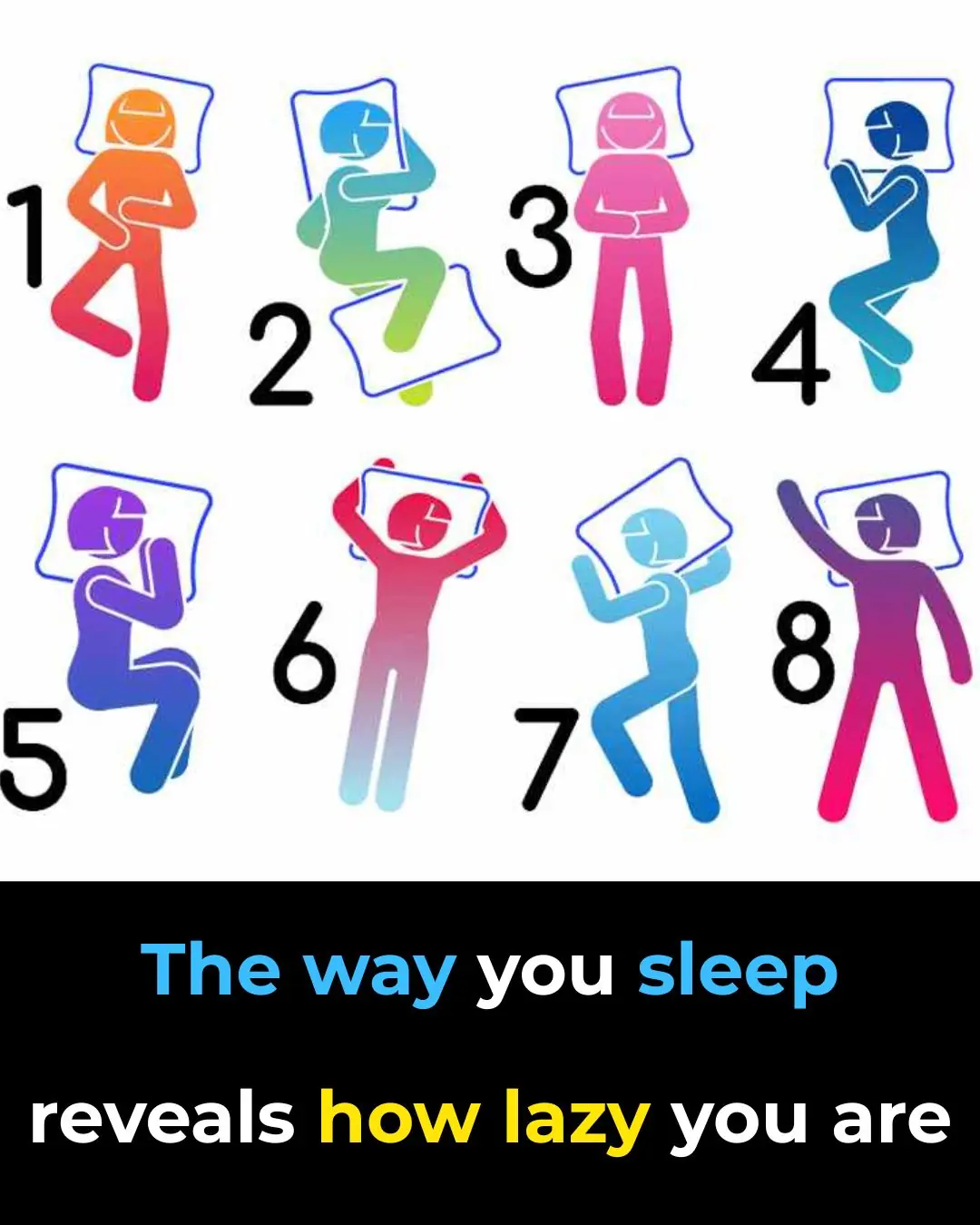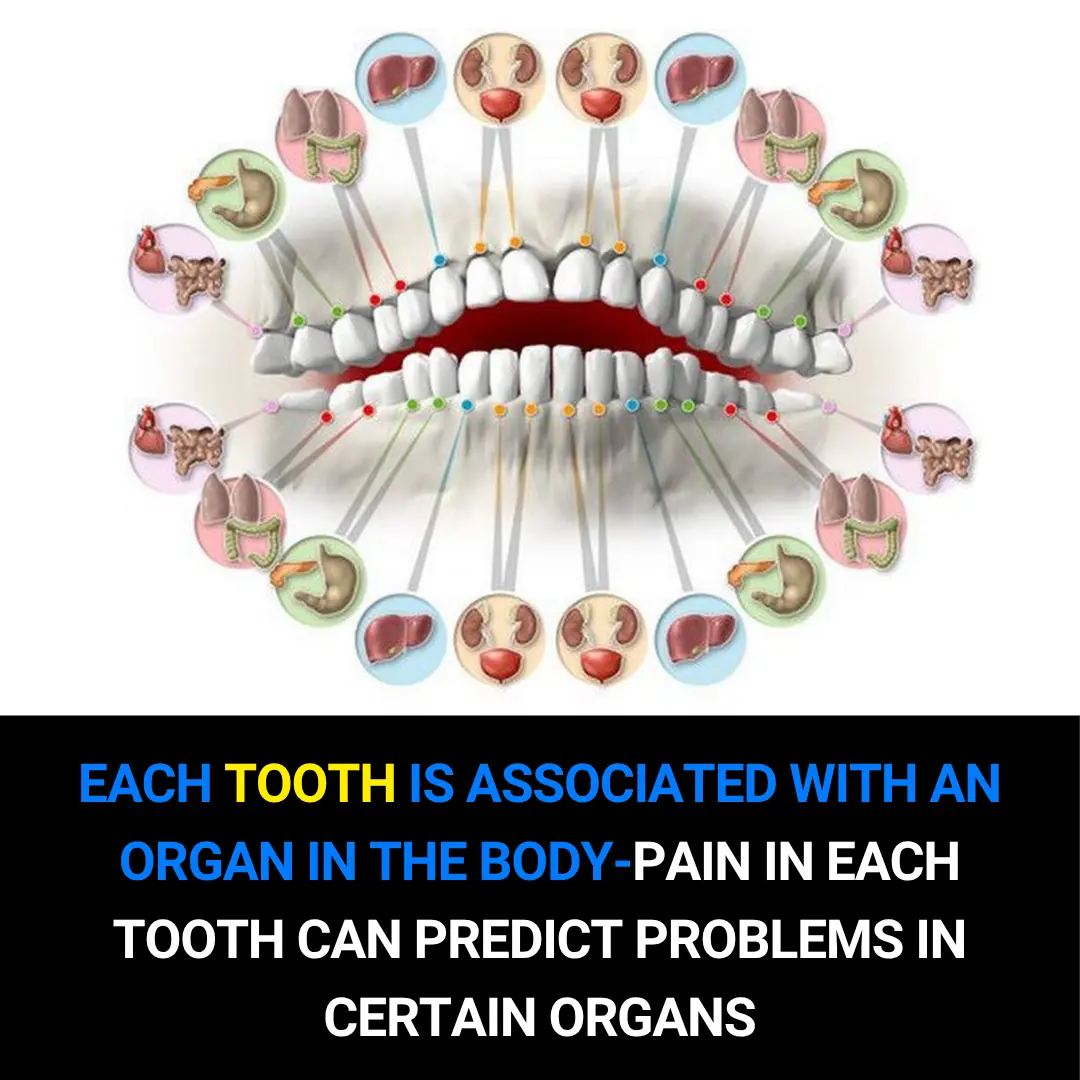
What Really Happens When You Drink Coffee Every Morning

For millions of people worldwide, mornings simply don’t begin until that first aromatic sip of coffee. Beyond being a cozy daily ritual, coffee delivers a powerful boost of energy, focus, and mood that helps many people start their day on the right note.
But what exactly happens inside your body when you drink coffee every morning? Doctors and nutritionists have studied this deeply—and the truth is both fascinating and worth understanding.
Let’s dive in.
1. It Boosts Alertness and Mental Focus
Coffee’s main active ingredient, caffeine, is a natural stimulant that works by blocking adenosine, a neurotransmitter that promotes sleepiness. This allows other brain chemicals like dopamine and norepinephrine to surge, helping you feel awake and alert.
What this means for you:
-
Increases attention span and concentration
-
Enhances short-term memory and problem-solving
-
Improves reaction time and overall mental clarity
☕ Why it matters: That morning cup helps clear away grogginess, sharpen your thinking, and give your productivity a powerful head start. Many people find their creativity and focus peak within 30–60 minutes of drinking coffee.
2. It Lifts Your Mood and Emotional Energy
Beyond its mental effects, caffeine can also enhance your emotional well-being. By stimulating dopamine—the “feel-good” neurotransmitter—coffee may make you feel more positive and motivated.
Medical research suggests that moderate, daily coffee consumption is linked to:
-
A lower risk of depression (especially in women)
-
Reduced feelings of fatigue and irritability
-
Better emotional resilience during stressful mornings
💡 Fun fact: Studies show that people who drink 2–3 cups of coffee per day are up to 20% less likely to experience depression compared to non-coffee drinkers.
In short, coffee doesn’t just wake up your brain—it can help you wake up happier.
3. It Can Support Fat Burning and a Faster Metabolism
Caffeine naturally increases thermogenesis, the process by which your body burns calories to produce heat. This helps your metabolism run slightly faster, even at rest.
When paired with regular exercise and a balanced diet, caffeine can:
-
Increase calorie burn by 3–11% temporarily
-
Enhance endurance and athletic performance
-
Mobilize fat from tissues, making it available for energy use
⚠️ However: Coffee is not a magic weight-loss solution. It works best as a supportive tool alongside proper nutrition, hydration, and consistent activity.
4. It’s Loaded With Antioxidants and Protective Compounds
Surprisingly, coffee is one of the richest sources of antioxidants in the modern diet—often providing more than many fruits and vegetables combined.
These antioxidants, including chlorogenic acid and polyphenols, help your body:
-
Neutralize free radicals that cause cell damage
-
Reduce chronic inflammation
-
Protect against heart disease and neurodegenerative disorders like Alzheimer’s and Parkinson’s
🧠 In other words: Your morning brew isn’t just waking you up—it’s also quietly supporting your long-term brain and heart health.
5. It May Enhance Gut Health and Longevity
Recent research shows that coffee drinkers often have a more diverse gut microbiome, which supports digestion and immunity. Moderate coffee consumption has also been linked to a lower risk of liver disease, type 2 diabetes, and even certain cancers.
In fact, long-term studies suggest that coffee drinkers may live longer on average than those who avoid it—thanks to its anti-inflammatory and metabolic benefits.
Potential Downsides of Daily Coffee
Like all good things, balance matters. Overdoing it on caffeine can have unpleasant side effects such as:
-
Restlessness or anxiety
-
Heart palpitations or jitteriness
-
Digestive discomfort, especially if you drink coffee on an empty stomach
-
Sleep disturbances, even if you feel tired at bedtime
And yes—caffeine can be habit-forming. If you skip your usual cup, you might experience headaches, fatigue, or irritability for a day or two as your body adjusts.
How Much Is Too Much?
Health experts generally recommend no more than 400 mg of caffeine per day, which equals roughly:
-
☕ 3–4 cups of regular brewed coffee
-
🥤 2 large café-style lattes or cappuccinos
If you’re pregnant, breastfeeding, or sensitive to caffeine, your safe limit may be lower—closer to 200 mg per day.
Best Practices for Healthy Coffee Habits
To enjoy coffee’s benefits without the downsides, doctors recommend the following:
✅ Stick to moderation – 1 to 3 cups a day is usually ideal.
🌙 Avoid late-night coffee – Cut it off at least 6 hours before bedtime to prevent sleep disruption.
🍯 Watch your add-ins – Skip excess sugar and heavy cream; try black coffee or plant-based milk instead.
🍽️ Pair it with food – Helps neutralize acidity and protect your stomach lining.
💧 Stay hydrated – Caffeine is mildly diuretic, so drink water throughout the day.
In Summary
Coffee can be an amazing daily ally for:
-
Better focus and productivity
-
A happier mood
-
Metabolic support and energy
-
Antioxidant protection for long-term health
Just remember: moderation is key. One or two mindful cups in the morning can energize your day, enhance your mood, and support your health—without harming your sleep or digestion.
☕ Drink smart, feel better, and savor the ritual—your morning cup might be doing more good than you realize.
News in the same category


Joseph Gordon-Levitt Urges a Global Pause on AI Superintelligence Until Safety Measures Are in Place

The Three Nations Working Together to Protect the Mayan Jungle

The Spiritual Meaning of White Butterflies in Your Home

If You Find A Tick Inside Your Home, Here’s What You Need To Know

Magpie The Spiritual Meaning of an Unusual Encounter

When your dog looks at you for a long time, here's what it means according to experts...

France Bans Supermarkets From Wasting Food, Turns Trash Into Meals for Millions

Trump Gets His Wish as Coca Cola Launches Cane Sugar Version

Why Do We Perceive Faces in Ordinary Objects?

How Your Sleep Position Reveals If You’re Lazy

7 Clever DIY Uses for Used Teabags That Will Make You Think Twice Before Tossing Them

The Whale That Carried History In Its Neck For Over 100 Years

Denver Bans the Sale of Dogs, Cats, and Rabbits, Paving the Way for More Shelter Adoptions

If you rub these 2 points behind your knees, this is the effect on your body

Its true meaning you probably don't know

Steps to Take When Your Adult Children No Longer Show Respect

Never Throw Away These 4 Things at Their Funeral..

DC Woman Wins Landmark Case After Suing Neighbor Over Overpowering Weed Smell
News Post

Vertical Nail Ridges? Here’s What Causes Them — and How to Fix It

The Unseen Heroes: A Rescue Dog's Loyalty That Saved My Life

Barrett’s Miracle: A Journey of Faith, Strength, and Prayer

A Farewell to a Friend and His Passion for Music

Top 5 Nutrients to Reduce Swelling in Feet and Legs

A Rare Encounter: The Moment a Mountain Lion Meets a Baby

Stray Cats Bring a Bitcoin Mine to a Standstill — And Melt Hearts in the Process

If you sleep with socks on, see what happens

Each Tooth Is Connected to an Organ in the Body – How Tooth Pain May Reveal Hidden Health Problems

Dominika’s Fight for a Childhood Without Pain

Why There's A Growing Trend Of Straight Men Dating Trans Women

Michalinka’s Fight for Life: A Tiny Body, a Giant Spirit

A Miracle in the Making: Baby Harlan’s Fight for Life

From Tragedy to Triumph: The Unbreakable Spirit of Janey Carter

A Battle of the Wild: The Confrontation Between a Raging Elephant and a Baby Hippo

7 Heart-Healing Foods Your Cardiologist Won’t Tell You About

Never Clean Your Light Switch with Water: Here’s a Trick to Make It Spotless

Bad Habits After Doing Laundry That Can Make Your Whole Family Sick! Many People Overlook This Detail

Don’t Throw Away Your Used Balm Jar – Here’s a Super Useful Way to Reuse It That Every Family Needs
